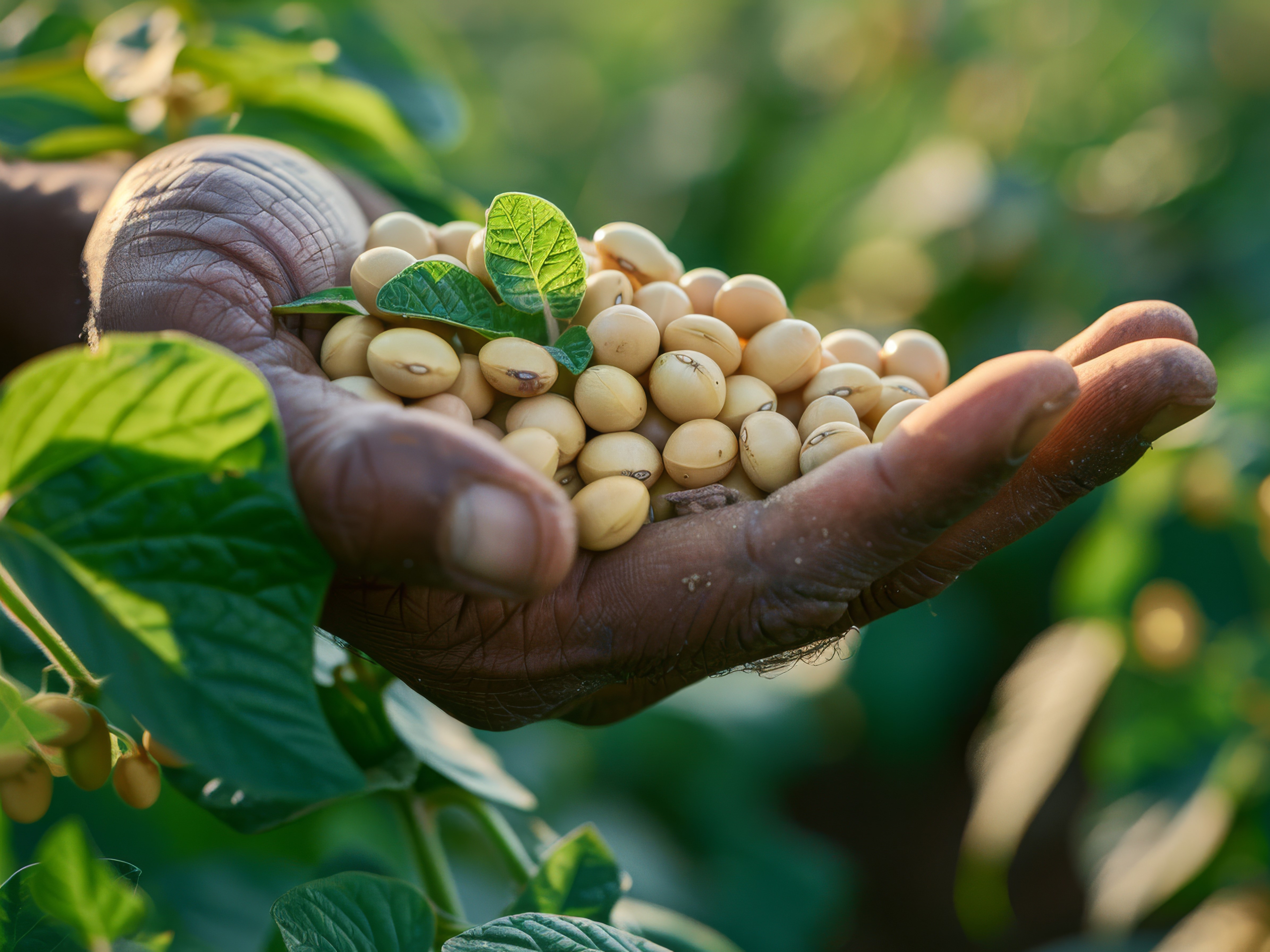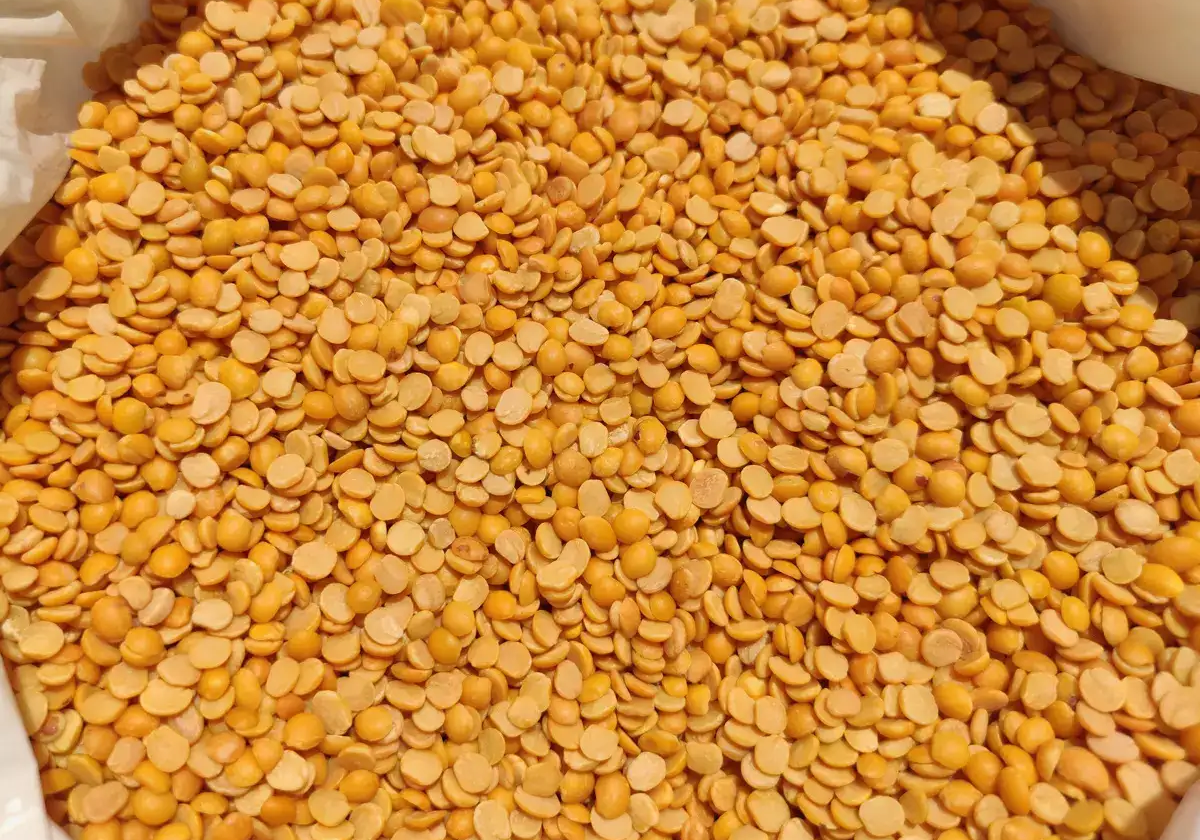Finance Minister Nirmala Sitharaman thrust zero budget farming into the spotlight in the first budget speech, calling for a “back to the basics” approach. Zero-Budget Natural Farming (ZBNF) is a method of chemical-free agriculture drawing from traditional Indian practices where the total cost of growing and harvesting plants comes out to be zero.
The ZBNF avoids the usage of commercially produced chemical inputs and promotes the application of jeevamrutha — a mixture of fresh desi cow dung and aged desi cow urine, jaggery, pulse flour, water, and soil — on farmland. A fermented microbial culture is formed that adds to the nutritional value of the ground and acts as a catalytic agent to boost the activity of microorganisms and earthworms in the soil. Approximately 200 liters of jeevamrutha are to be sprayed twice a month per acre of land, and after three years, the system is supposed to become self-sustaining, for which only one cow is needed (per 30 acres of land).
ZBNF and Farmers’ Income
- Since the cost of production is zero, farmers do not have to buy any inputs to initiate this farming method.
- Unlike the conventional methods, ZBNF only uses 10 % of the water used in the former process.
- Since it encourages the use of the local Indian cow breed for 30 acres of land, it makes it possible for farmers to earn profits earlier than expected.
- With this farming technique, a farmer can make an income of ₹6 lakh an acre in irrigated areas and ₹1.5 lakh in non-irrigated areas.
- Zero-Budget Natural Farming covers all kinds of agro-climatic areas. It is suitable for all crops.
- Farmers can get more yields in the first year, which gives them a beneficial start.
- It can ease the debt pressure on the farmers as they don’t have to take loans to buy any inputs for their farming.
- Farmers are expected to earn more money per acre, reducing the chances of migration from villages to cities.
Conclusion
According to some popular Indian agriculturalists like Subhash Palekar, zero-budget natural farming has already been implemented at the grassroots level and is doing well. It is believed that natural farming will become the future of Indian farming. And since it’ll improve farmers’ income in India, it is suitable from the producers’ perspective. Zero-budget farming is good for the soil, environment, and the farming community.








 Connect With Us
Connect With Us